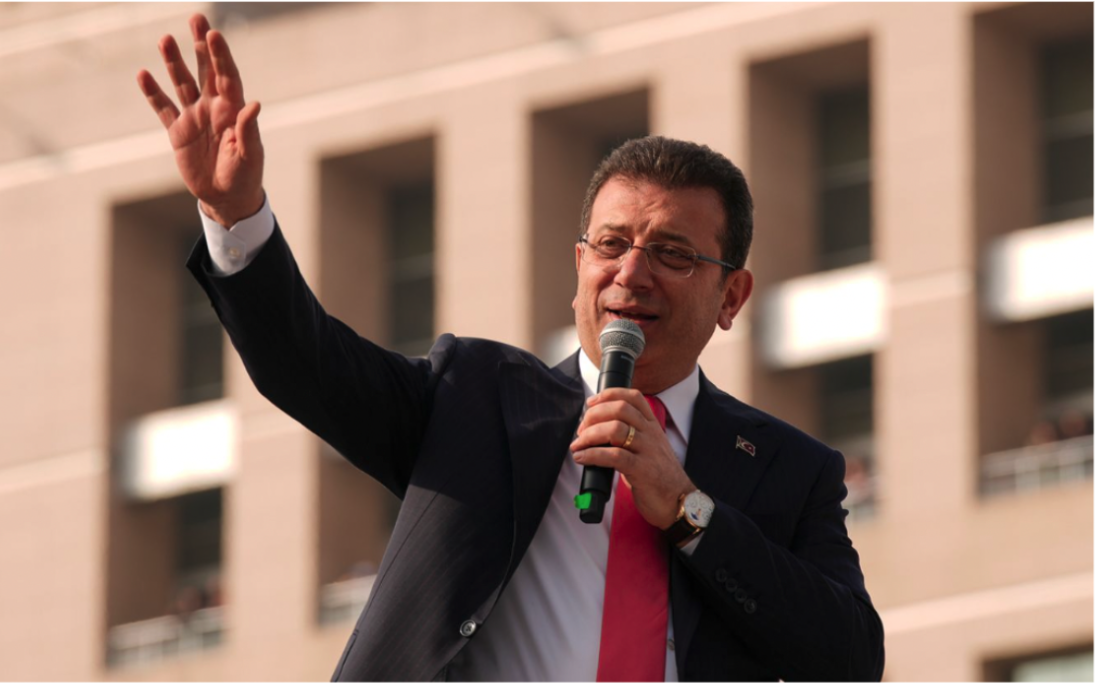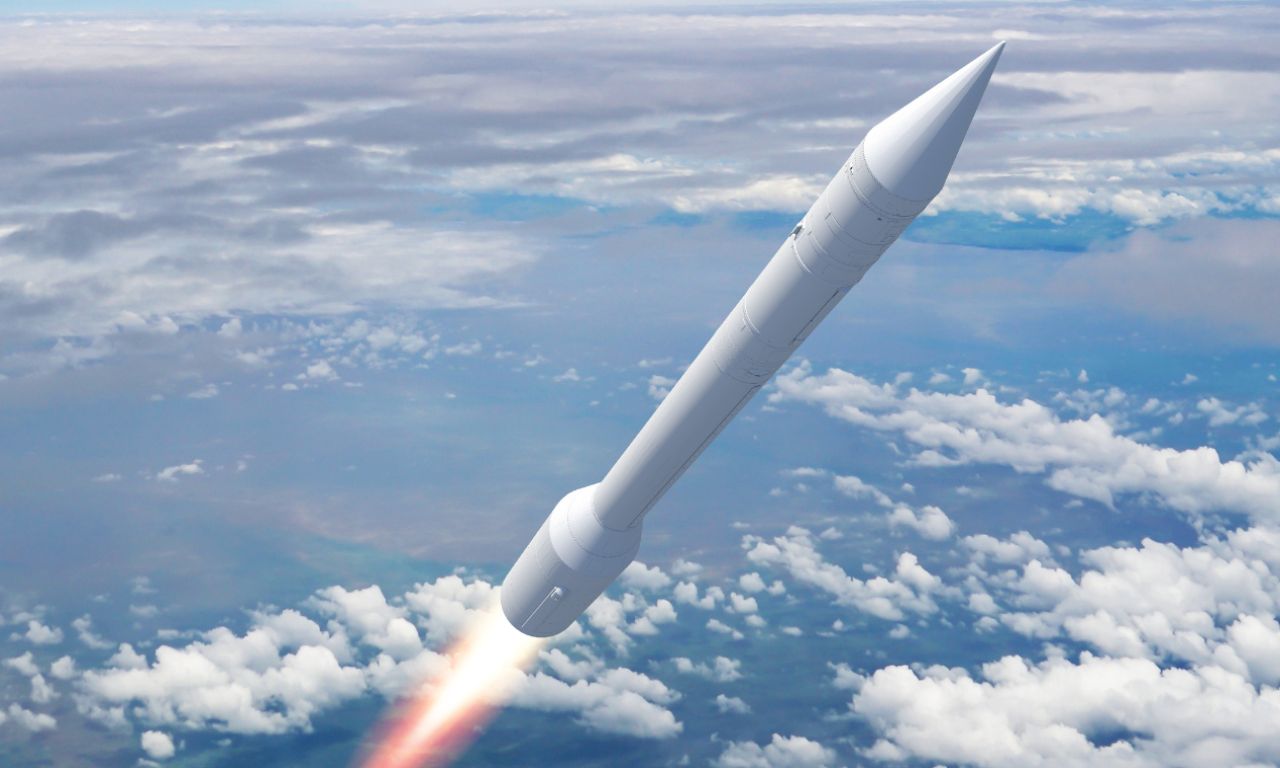Africa is stepping away from its traditional ties with the West. For instance, 17 African countries didn’t vote on a UN resolution condemning Russia’s invasion of Ukraine. South Africa’s legal case against Israel and meetings with leaders from China, Iran, and Russia show Africa’s new direction.
African leaders now see the world as a place where many countries, like Iran, Russia, Saudi Arabia, Turkey, and the UAE, compete for influence. Meanwhile, America’s focus has shifted elsewhere, and this might get worse if Donald Trump becomes president again. This new reality is making Africa adapt more than any other region.
Investment is vital for Africa, which urgently needs better infrastructure. Nearly half of the 1.2 billion people in sub-Saharan Africa lack electricity, and about 400 million don’t have clean water. The World Bank says sub-Saharan Africa needs to invest about 7% of its GDP every year to provide near-universal access to water and electricity by 2030. Currently, the investment is only half of what’s needed.
China has been a significant investor, lending $170 billion from 2000-2022, mainly for infrastructure projects. However, China’s lending has decreased lately. So, Africa needs to diversify its funding sources. The UAE has invested almost $60 billion in the past decade, becoming the fourth-largest investor. Turkish companies have completed $85 billion worth of projects, and Gulf countries, Turkey, and India are potential new investors.
But with new investments come risks like corruption and difficult debt management. For example, Zambia defaulted on its debt in 2020 and only recently managed to restructure it with China. The IMF warns that a global split into trading blocs led by China and the West could severely impact sub-Saharan Africa’s economy.
Politically, this multipolar world gives African governments more freedom but can lead to controversial decisions. Uganda’s anti-LGBTQ laws and Ethiopia’s state-led development policies are examples. This freedom can also lead to democratic backsliding, as seen in Senegal and Ivory Coast.
Coups are increasing again, with nine successful coups in the 2020s compared to eight per decade in the 2000s. Russia has supported some of these coups with military aid, worsening insecurity.
The number of conflicts in Africa rose to 104 in 2022, the highest in decades. The brutal civil war in Sudan shows how geopolitics can intensify conflicts. The UAE and Russian mercenaries back the Rapid Support Forces, while the Sudanese Armed Forces get support from Iran and possibly Ukraine. Arms sales from Turkey and Russia have fueled conflicts, like those between Rwanda and Congo.
Navigating a multipolar world requires skillful leadership to get the most benefits and avoid the risks. The crucial question is whether African leaders will act in the best interests of their people. So far, the record is mixed.
As Africa continues to adapt, its leaders face the challenge of seizing new opportunities while managing the risks. The stakes are high, and the outcomes will significantly shape Africa’s future.


